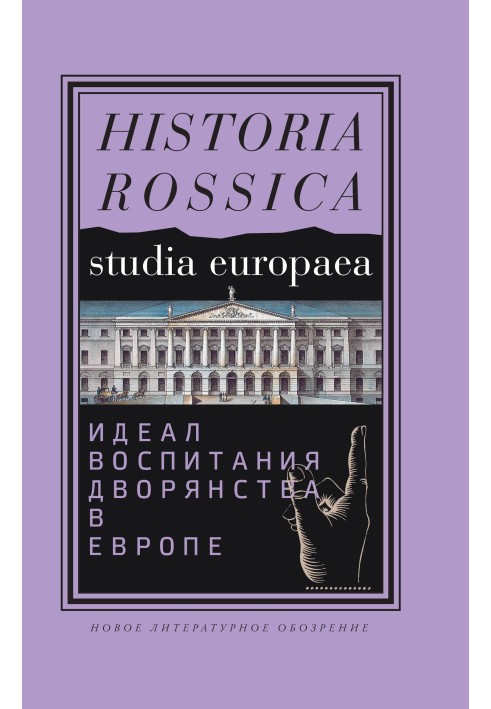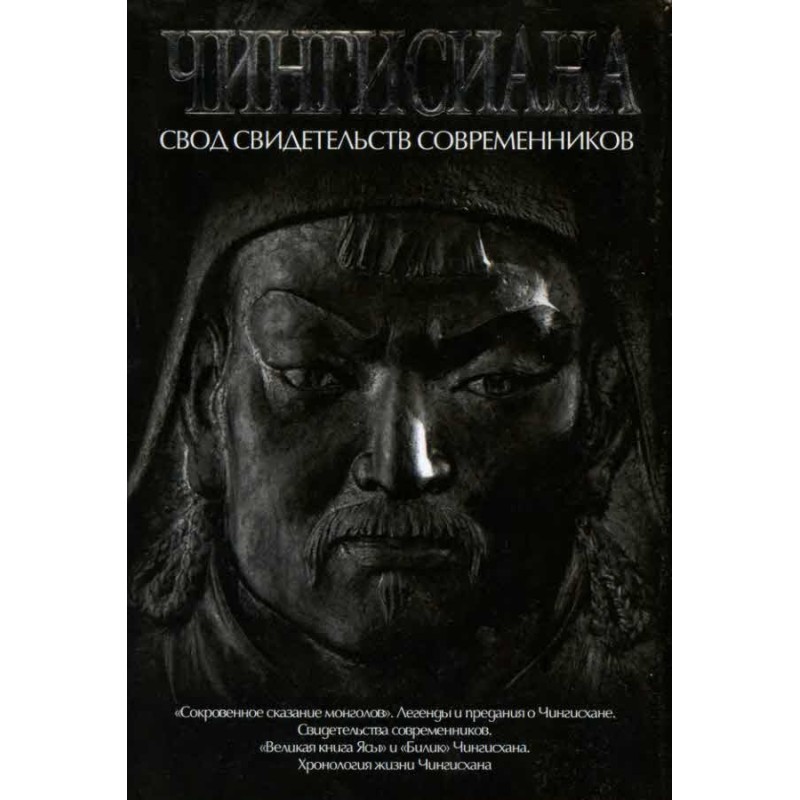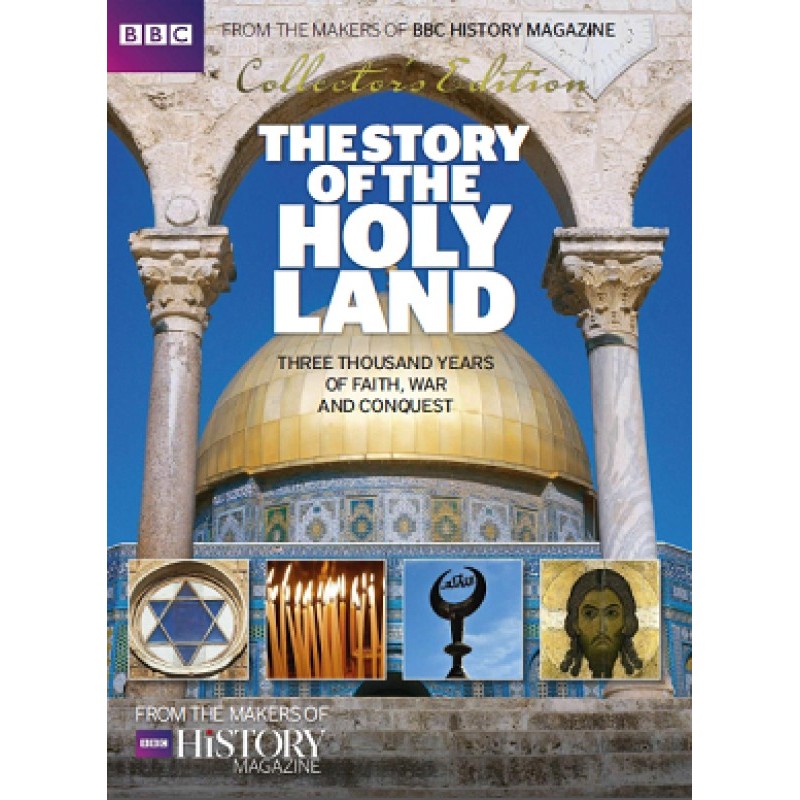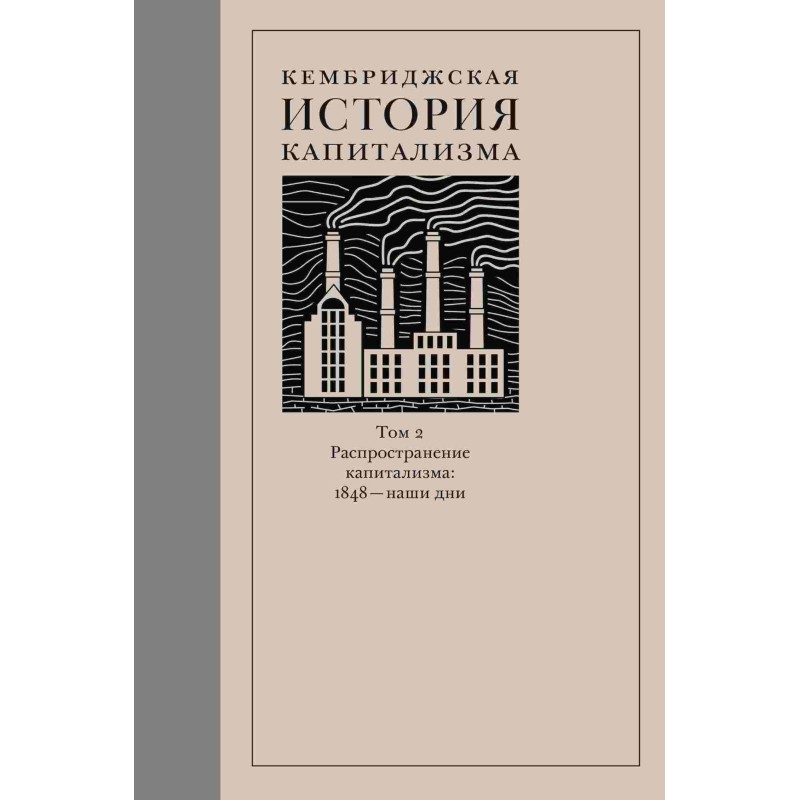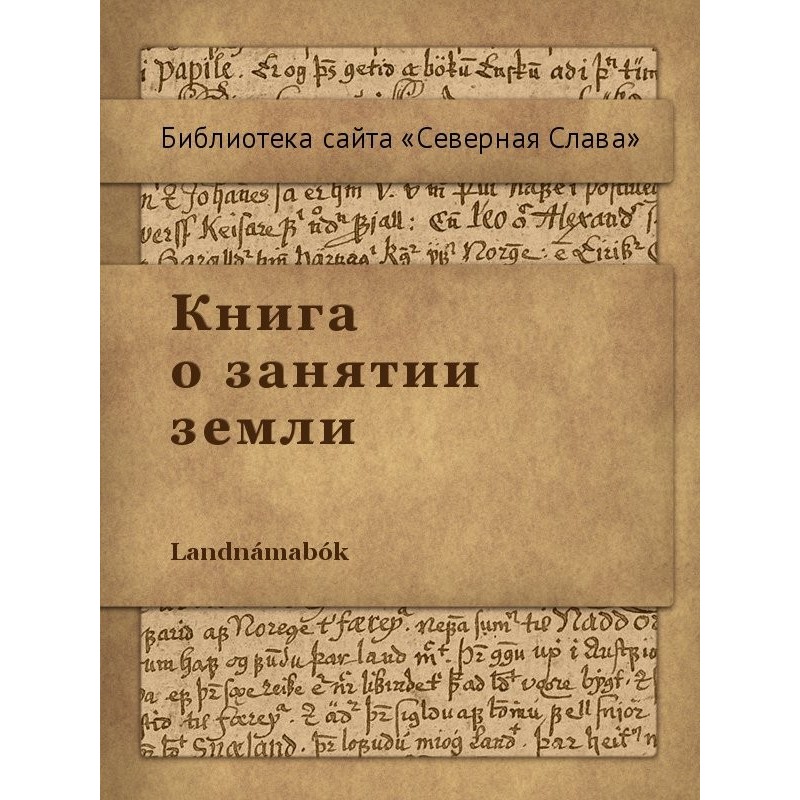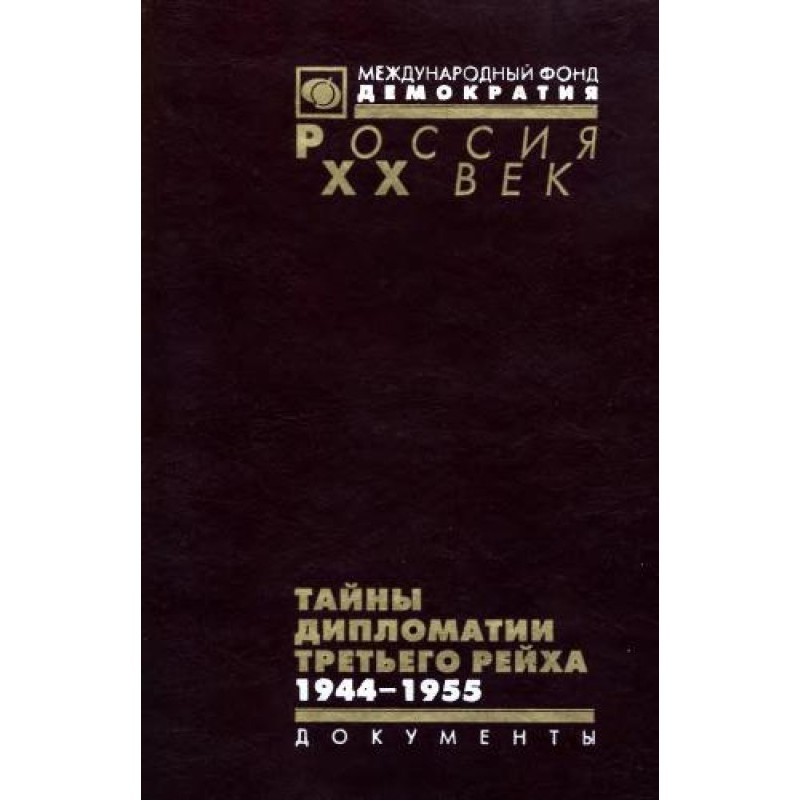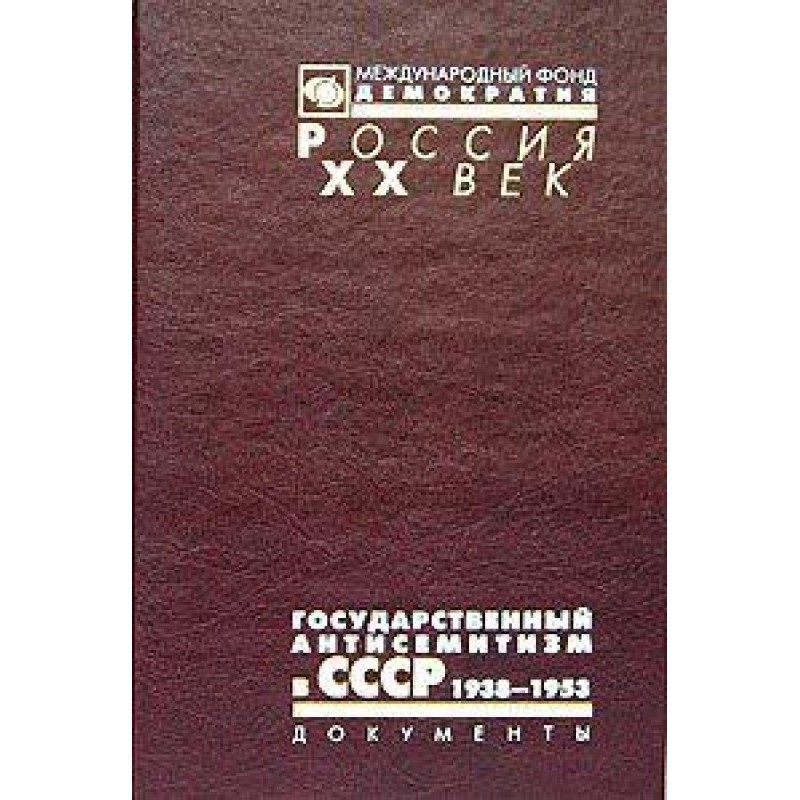The ideal of education of the nobility in Europe, XVII–XIX centuries
 Instant download
Instant download
after payment (24/7)
 Wide range of formats
Wide range of formats
(for all gadgets)
 Full book
Full book
(including for Apple and Android)
From the 17th to the 19th centuries, the models of education of the nobleman in Europe underwent strong changes, expressed in new institutional forms and the systematization of new practices: the spread of home education and educational travel known as the Grand Tour, the translation of teaching from Latin into national languages, the introduction of new disciplines with the aim of giving the nobleman professional skills... The most important element and driving force of these changes was the constant and increasing circulation of ideas in the European space, therefore the book examines the evolution of models and practices of educating the nobility of different European countries. Particular attention is paid to the Russian Empire: the history of the education of the nobility in this part of Europe is less developed than for Western Europe, while the study of countries such as Russia, which later became involved in the process of pan-European cultural transfers, allows us to make important observations and comparisons that shed light on the essence of this phenomenon throughout the European continent. What were the goals of raising a nobleman? To what extent can we talk about the prevalence of models of noble education in Europe and is it possible to note their national or regional specificity? How exactly do these models adapt to modernization goals and to social changes in the local context? Did the criticism to which the education of the nobility was subjected lead to the abandonment of traditional education practices in this environment? The authors of this book give their answers to these and other questions.
Data sheet
- Name of the Author
- Коллектив авторов История --
- Language
- Ukrainian
- Release date
- 2018
Reviews
Важливе дослідження виховання дворянства в Європі
Ця книга є справжнім відкриттям для всіх, хто цікавиться історією освіти та соціальних змін у Європі. Автори детально аналізують еволюцію моделей виховання дворянства з XVII до XIX століття, що дозволяє зрозуміти, як змінювалися цінності та соціальні норми в різних країнах. Особливо вражає увага до Російської імперії, де виховання дворянства досліджується недостатньо. Книга пропонує глибокі порівняння між різними європейськими країнами, що допомагає читачеві усвідомити, як культурні трансфери вплинули на формування нових освітніх практик. Хоча текст перекладено за допомогою штучного інтелекту, загалом переклад якісний, хоча іноді трапляються незначні помилки. Ця книга стане незамінним джерелом для істориків, педагогів та всіх, хто цікавиться розвитком освітніх систем у контексті соціальних змін.

